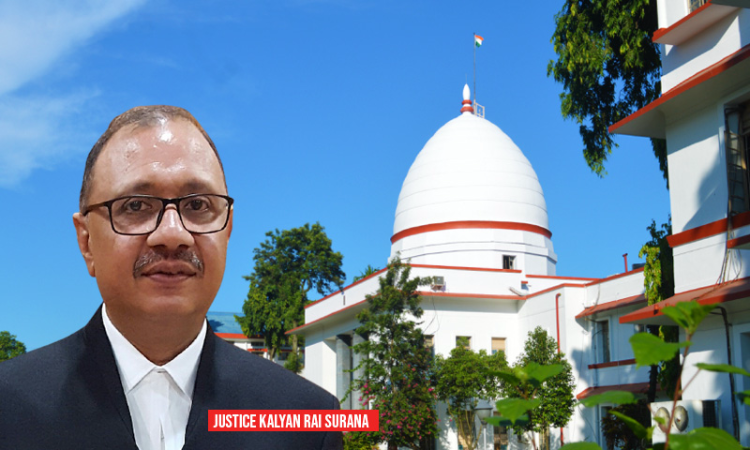Additional Work Without Consent Of The Employer; Arbitrator Can't Award Damages : Gauhati High Court
ausaf ayyub
26 Dec 2022 1:30 PM IST

Next Story
26 Dec 2022 1:30 PM IST
The Gauhati High Court has held that the arbitrator cannot invoke Section 70 of the Indian Contract Act to award damages on quantum meruit for the additional work carried out without the prior consent of the employer when the agreement did not contemplate any additional work. The bench of Justice Kalyan Rai Surana held that when the agreement, containing the arbitration clause, did...
